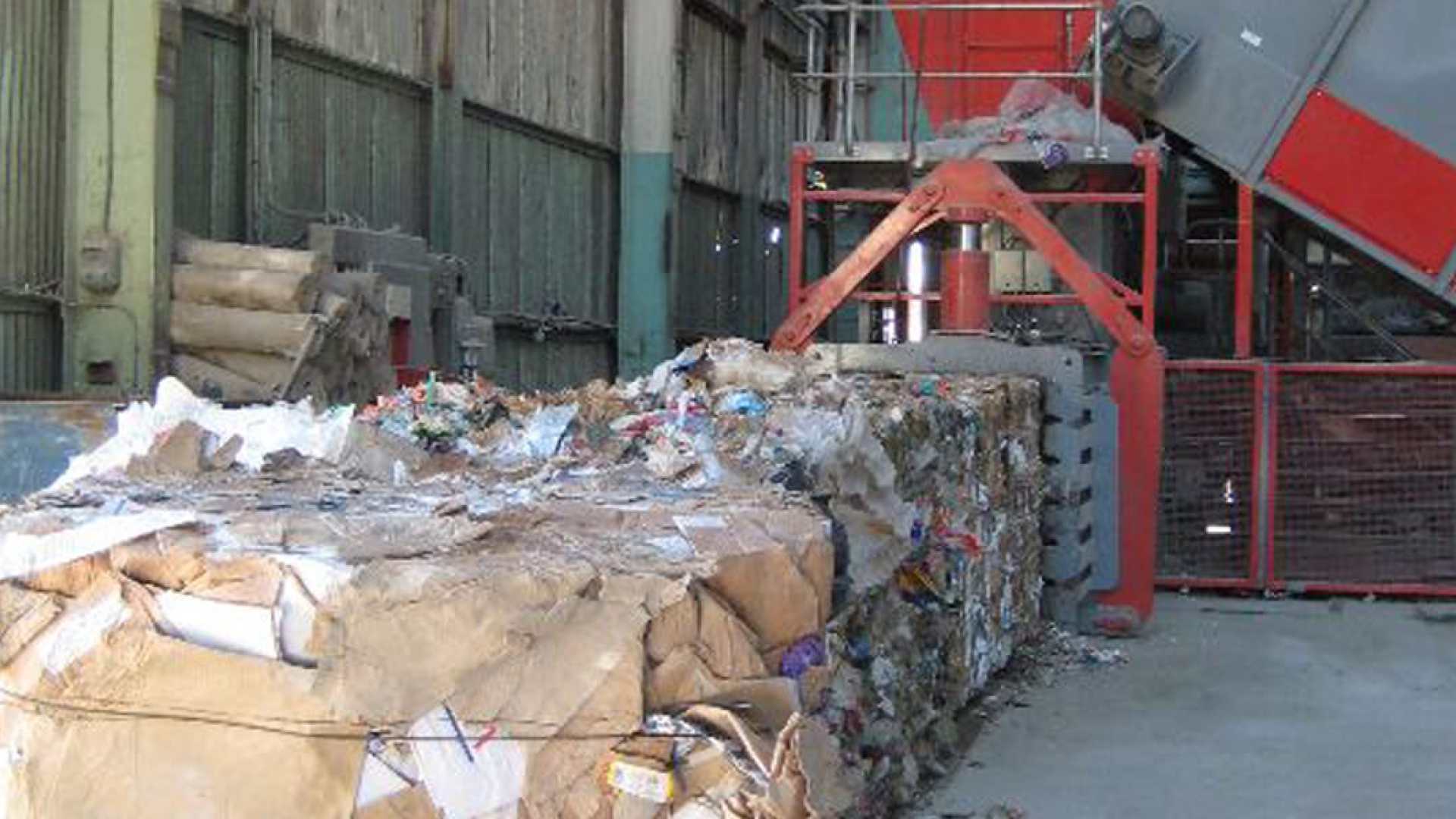
Europe is committed to a new model based on a circular economy with the recovery and waste management industry as a key player.
The European Union, through the Europe 2020 strategy, promotes the evolution to a new economic model based on a circular economy that reduces waste production and uses waste as a resource.
The waste recovery and management industry aims to collect, treat and recover waste as efficiently as possible, reintegrating it back into the system as new resources or secondary raw materials. In other words, waste is used as raw material in production processes. This avoids their elimination and the use of new natural resources, thus providing environmental benefits, creating wealth and generating employment.
In the specific case of paper and cardboard waste, Europe is at the forefront of recycling. The technical collection limit is already being reached. The increase in collection and recycling rates has positioned it as a world benchmark.
In 2013, 58 million tons of recovered paper were collected and processed. Of which 49 million were consumed by the European recycling industry. The 9 million surplus tons were exported to other markets, as they could not be taken over by the European market. The surplus of European recovered paper is exported, among others, to China, a key destination for world recycling, as it is the country with the highest economic growth and where most of the goods consumed in Europe are produced and packaged.
In this way, the recovery sector contributes, in line with European policies, to achieving a circular economy based on the recycling society:
- Preserves its capacity, and thus jobs, by creating new opportunities for economic growth.
- It reduces the ever-increasing demand on the world’s resources.
- Promotes a more efficient use of resources globally
- Ensures the competitiveness of the industry at the international level.
Source: Repacar

